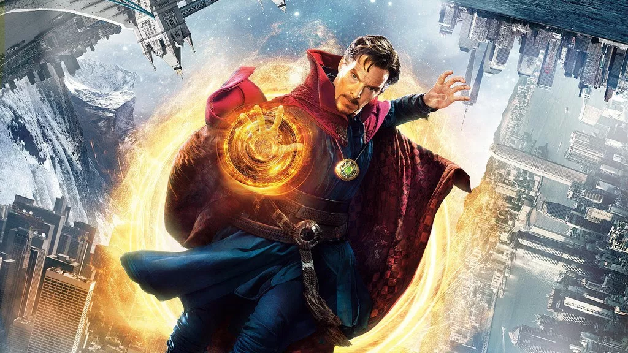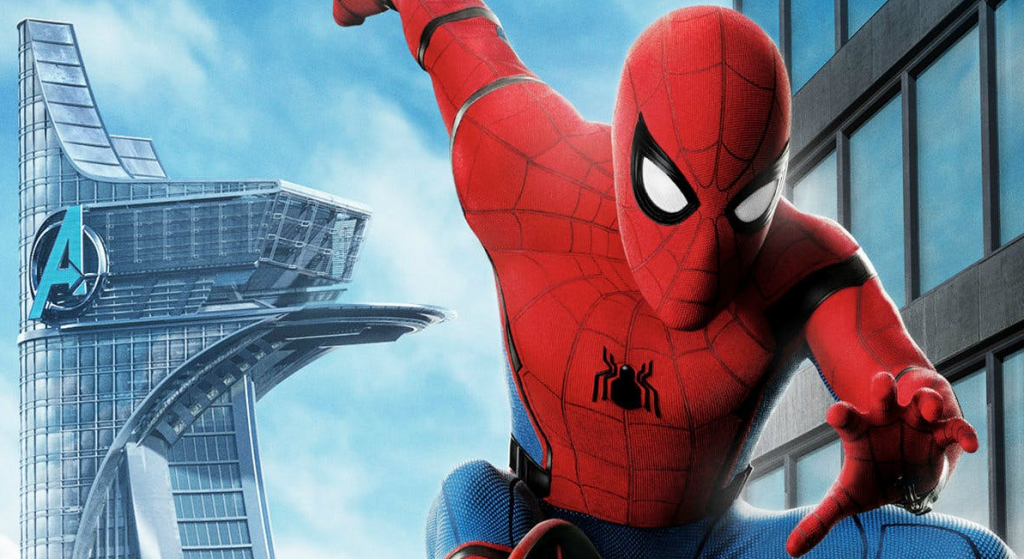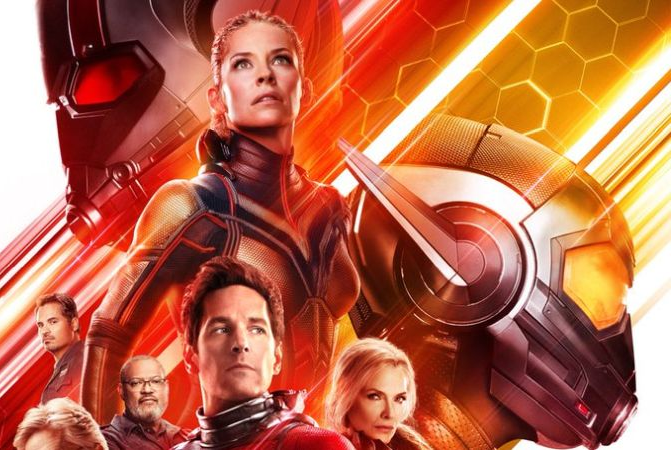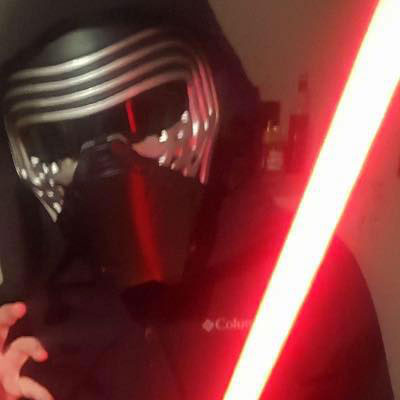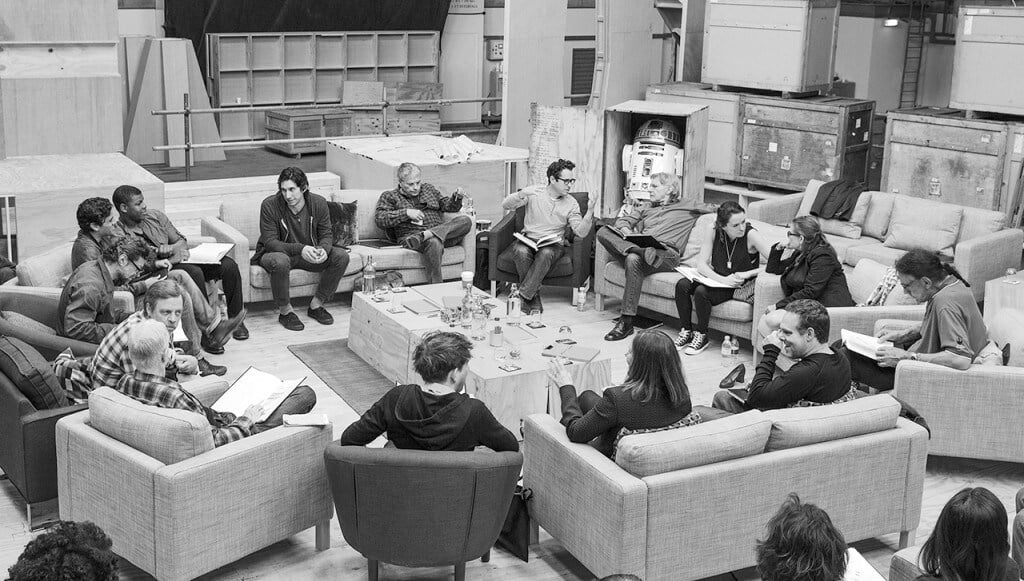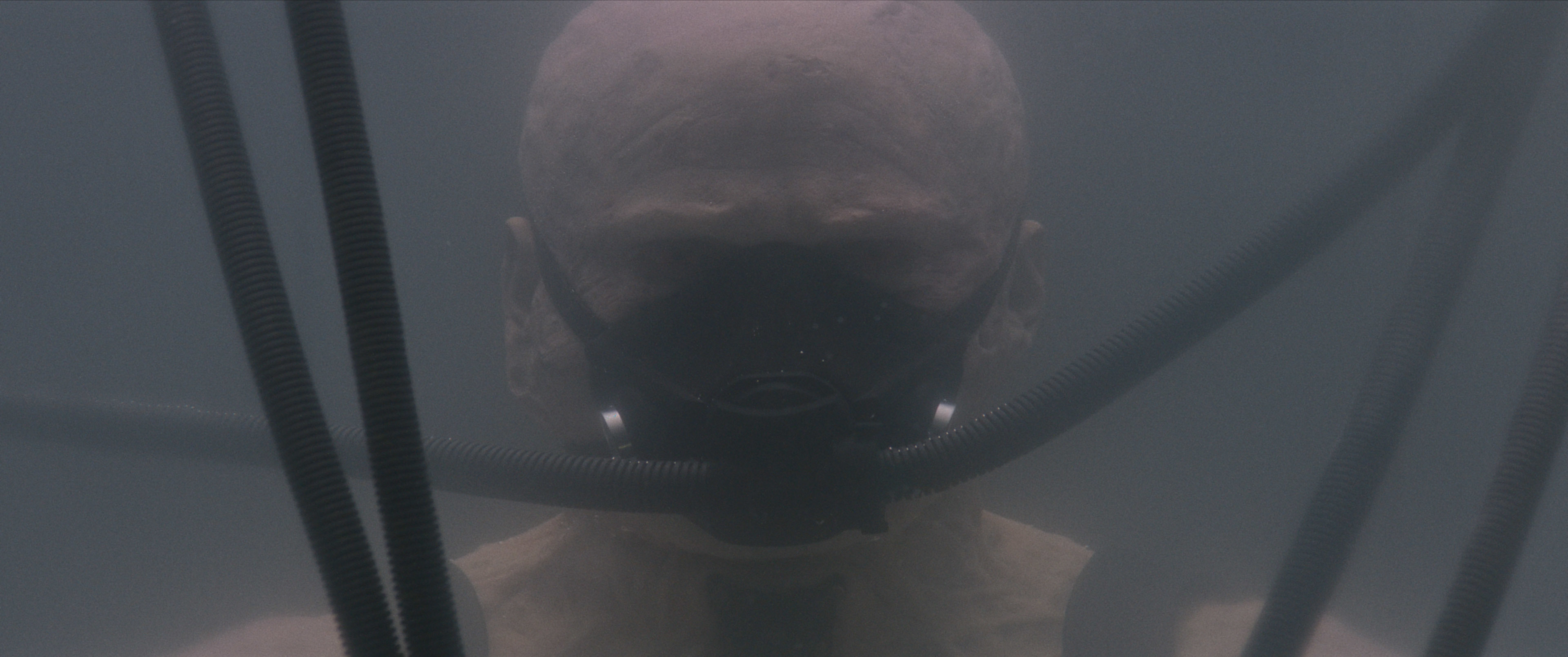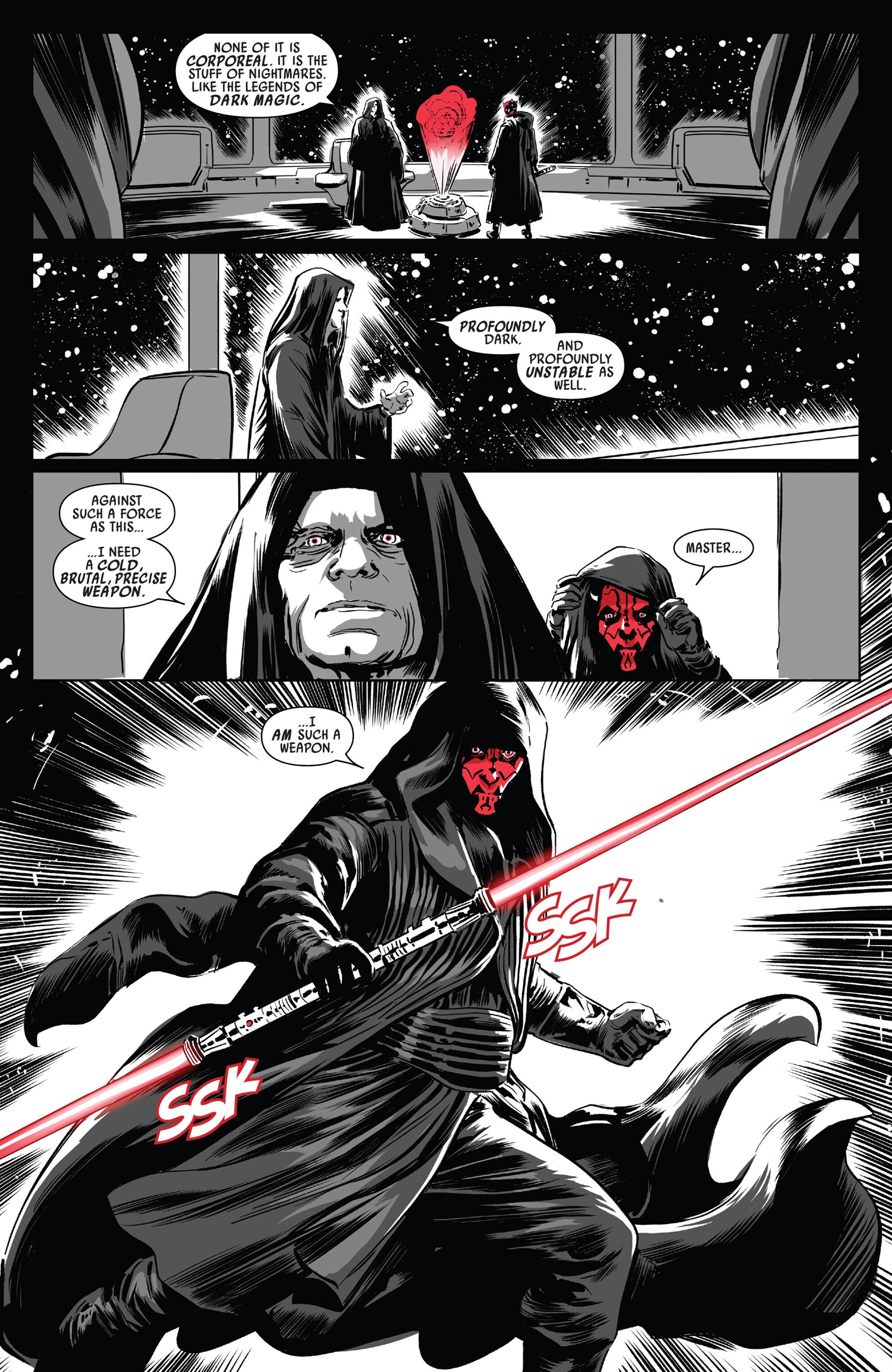Rumored Marvel Cinematic Universe Timeline Is Not What It Appears
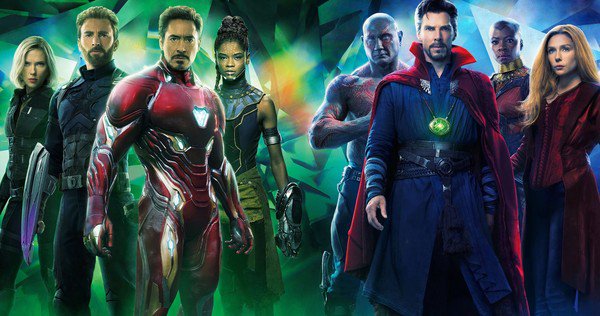
A reportedly official Marvel Cinematic Universe timeline is not quite what it seems.
Multiple websites have been running with what seemed like brand new information clearing up some of the Marvel Cinematic Universe’s head-scratchers regarding the franchise’s timeline. It has been reported that next year’s Marvel Studios: The First Ten Years sourcebook included a detailed timeline of major events in the MCU, and that this info managed to get out somehow. The timeline described portrays the MCU’s continuity as follows:
- 1943-45: Captain America: The First Avenger
- 2010: Iron Man
- 2011: Iron Man 2, The Incredible Hulk, Thor
- 2012: The Avengers, Iron Man 3
- 2013: Thor: The Dark World
- 2014: Captain America: The Winter Soldier, Guardians of the Galaxy, Guardians of the Galaxy Vol. 2
- 2015: Avengers: Age of Ultron, Ant-Man
- 2016: Captain America: Civil War, Spider-Man: Homecoming
- 2016-17: Doctor Strange
- 2017: Black Panther, Thor: Ragnarok, Avengers: Infinity War
However, this report is not true on two fronts. Firstly, while the product being looked at is also called Marvel Studios: The First Ten Years, the product is a deluxe magazine from Titan Publishing instead of the book that Marvel Studios are publishing themselves, so it is not the official timeline. (Also worth mentioning is that there is not a section in this magazine dedicated to Spider-Man: Homecoming, which Marvel Studios co-produced with Sony Pictures. The section is absent due to Homecoming being a Sony product, although plenty of information on it will likely appear in the official sourcebook that Marvel publish around the time that Avengers: Annihilation hits theaters.) The second is that the product itself has a couple of clear inconsistencies with the MCU’s overall timeline when it’s examined more closely.
Any Marvel can immediately spot some big inconsistencies here. The one thing that is usually a constant among Marvel films is that they are set in the present day – namely, the year the film was released – unless explicitly stated otherwise by Marvel or someone representing them, like the film’s director. So seeing Iron Man listed as being set in 2010 is puzzling, considering it was released in 2008. Likewise Iron Man 2, which was released in 2010, is listed here as set in 2011. Conversely, the list suggests that The Avengers and Iron Man 3 happen in the same year, when the latter is explicitly set a year after the events of The Avengers. But Marvel have gone on record saying there is a six-year gap between The Avengers and Avengers: Infinity War, not the four-year gap that this list claims there is.
The timeline has been a point of contention among MCU fans for a while now. It was always unlikely that an extended continuity as large as the MCU’s wouldn’t trip over itself eventually, and that started to come to a head in Phase 3 with Doctor Strange‘s placement in the timeline vague at best. Doctor Strange‘s director Scott Derrickson has gone on record saying that the film takes place throughout 2016 (a claim which has puzzled fans, as it seems Strange spends a lot longer than that learning how to master his spells), but the list says that film actually finishes in 2017.
One thing that the timeline is completely correct on has to do with the next MCU movie that came out after Doctor Strange: Guardians of the Galaxy Vol. 2 takes place in the same year as its predecessor. The first film outright states that the main events of the movie are set in 2014 (26 years after Peter Quill was abducted, and subsequently adopted, by Yondu Udonta), and James Gunn and Kevin Feige explicitly confirmed that the sequel takes place a mere two months later. This explains why Groot is significantly older and has grown in stature by the events of Infinity War: a whole four years have passed. However, the movie that would be released immediately after Guardians of the Galaxy Vol. 2 is one that would cause many headaches for Marvel fans.
When 2017’s Spider-Man: Homecoming announced that it took place eight years after The Avengers (which was released in 2012), fans were up in arms at the brazen continuity error and have been asking Marvel to clear things up ever since, so news of an official timeline was a big deal. The answer to the problem that Homecoming presented was ultimately revealed to have been a simple goof on their part. Meanwhile, Infinity War subtly course-corrects the issue in-film, which follows the events of Spider-Man: Homecoming, by stating that the massive crossover happens six years after Loki led the forces of Thanos into New York City instead of eight, plus however much time passed between Homecoming and Infinity War.
Another big inconsistency is that Black Panther and Infinity War are both listed as taking place in 2017. One of the first scenes in Black Panther establishes that the movie is set days after the death of T’Challa’s father during Captain America: Civil War, which puts him on a path to become Wakanda’s new king, so that would actually put it ahead of the majority of the events shown in Spider-Man: Homecoming. Thus, both movies are set in 2016. This also leads to an inconsistency with Thor: Ragnarok‘s placement on the timeline, as it is set in 2017 for most of the movie, but it features an epilogue in 2018, right before the events of Infinity War.
Finally, there’s the notable omission of Ant-Man and The Wasp from this list, as the movie is set before, during, and after the events of Infinity War in 2018. Everything before the credits of that movie happens while Scott Lang is under house arrest after his participation in the fight against the Pro-Registration Avengers got him labeled as a fugitive. Scott manages to get off with good behavior, which leads into the first post-credits scene that traps him inside the Quantum Realm right around the same time that the climax of Infinity War happens. The post-credits scene itself represents the aftermath of what happens in Infinity War. Captain Marvel‘s absence can be excused, since it’s not part of the first ten years of Marvel movies, but this omission is pretty glaring.
It has yet to be confirmed that Marvel’s The First Ten Years book will even include an official timeline, though it has been heavily rumored. Hopefully the book will have one when it releases in 2019.

